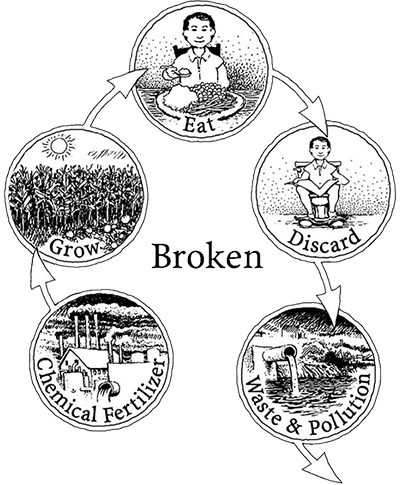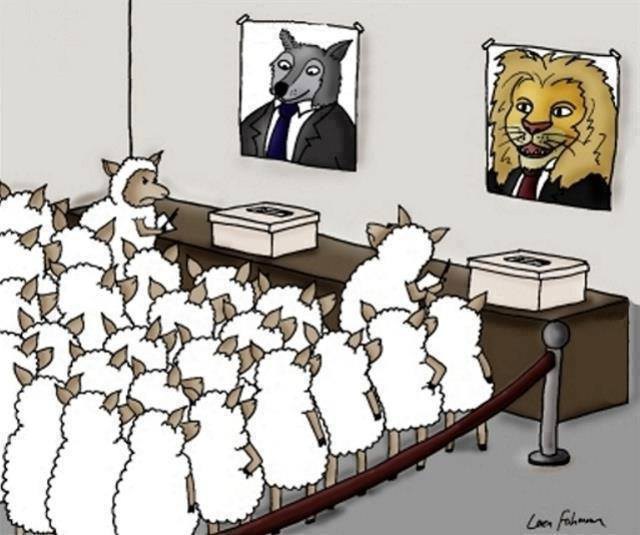
My preparation for Teacher Council Meeting last month led me on an enlightening scriptural journey about “mysteries”.
Under the importance of seeking revelation daily, the teaching manual references 2 Nephi 28:30 (Teaching in the Savior’s Way manual, part 2, “Prepare Yourself Spiritually”, pg 12):
“Wo be unto him that shall say: We have received the word of God, and we need no more of the word of God, for we have enough! For behold, thus saith the Lord God: I will give unto the children of men line upon line, precept upon precept, here a little and there a little; and blessed are those who hearken unto my precepts, and lend an ear unto my counsel, for they shall learn wisdom; for unto him that receiveth I will give more; and from them that shall say, We have enough, from them shall be taken away even that which they have.” (2 Ne 28:29-30)
The idea of receiving less of the word of God when we reject what we have been given is also emphasized by Alma:
“And now Alma began to expound these things unto him, saying: It is given unto many to know the mysteries of God… And therefore, he that will harden his heart, the same receiveth the lesser portion of the word; and he that will not harden his heart, to him is given the greater portion of the word, until it is given unto him to know the mysteries of God until he know them in full.” (Alma 12:9-10)
In fact, Alma goes on to say that by NOT seeking the mysteries we subject ourselves to the chains of hell:
“And they that will harden their hearts, to them is given the lesser portion of the word until they know nothing concerning his mysteries; and then they are taken captive by the devil, and led by his will down to destruction. Now this is what is meant by the chains of hell.” (ibid v 11.)
The discussion from Teaching in the Savior’s Way manual continues and gives a scriptural example from Matthew 13, where we find the ideas taught by Nephi and Alma also taught by Jesus:
“He answered and said unto them, Because it is given unto you to know the mysteries of the kingdom of heaven, but to them it is not given.” (v 11)
At the October 1841 conference Brigham Young “addressed the Elders at some length, on the importance of teaching abroad the first principles of the gospel, leaving the mysteries of the kingdom to be taught among the saints.” (T&S, Oct. 15, 1841, 578. Quoted from Richard Bushman, JS Rough Stone Rolling, Ch 24 footnote 6, pg 641)
If mysteries are so important, my questioning mind asks, why then, is there an emphasis in the church to avoid delving into mysteries?
Joseph B.Wirthlin counseled, “God has revealed everything necessary for our salvation. We should teach and dwell on the things that have been revealed and avoid delving into so-called mysteries. My counsel to teachers in the Church, whether they instruct in wards and stakes, Church institutions of higher learning, institutes of religion, seminaries, or even as parents in their homes, is to base their teachings on the scriptures and the words of latter-day prophets.” (“Deep Roots,” Ensign, Nov. 1994, 77)
Note -Wirthlin’s counsel “is to base their teachings on the scriptures and the words of latter-day prophets.” which, incidentally teach us to search for the mysteries.
I believe the reason Elder Wirthlin counsels us not to delve into the mysteries in our teaching is because no one can teach the mysteries except God. As Elder W. Mark Basset relates in a recent conference address, referring to the example of Nephi:
“In order to understand the mysteries of God, or those things that can be understood only through revelation, we must follow the example of Nephi, who said, ‘Being exceedingly young, nevertheless being large in stature, and also having great desires to know of the mysteries of God, wherefore, I did cry unto the Lord; and behold he did visit me’ (1 Ne 2:16)” (For Our Spiritual Development and Learning, October 2016)
Later, Elder Basset relates (quoting Dallin H. Oaks) that “our members are sometimes left with basic questions that cannot be resolved by study. … Some things can be learned only by faith” (ibid)
Here it’s worth noting that there is no written record, including the scriptures, which are able to tell us all we must know. We can only know the truth by having it revealed to us from heaven itself (see D&C 76:114-118). The greatest mystery and glorious discovery is to know God and see Him face to face with eternal certainty. (see Lectures on Faith, lecture 2 para 55-56)
After having emphasized the importance of revelation in understanding mysteries, Elder Basset then says something that confuses me:
“We were never expected ‘to have a perfect knowledge of things’ during this mortal existence. Instead, we are expected to ‘hope for things which are not seen, which are true.'” (ibid)
The quotes in this statement reference Alma 32:21, which does not say or imply that “we were never expected to have a perfect knowledge of things during this mortal existence.” To me this statement seems strange in that Alma’s message in this chapter contains instructions how to grow from faith to a perfect knowledge of things. Later in the same meeting, Amulek stood and taught, “this life is the time for men to prepare to meet God; yea, behold the day of this life is the day for men to perform their labors.” (Alma 34:32). Why else would scripture tell us that in order to bear God’s presence in the world of glory, we must seek for the manifestations of the spirit “while in the flesh” (D&C 76:118).
In speaking about the sacrifices required to know God, Joseph Smith taught that “For a man to lay down his all, his character and reputation, his honor and applause, his good name among men, his houses, his lands, his brothers and sisters, his wife and children, and even his own life also, counting all things but filth and dross for the excellency of the knowledge of Jesus Christ, requires more than mere belief, or supposition that he is doing the will of God, but actual knowledge”. (Lectures on Faith, lecture 6 para 5)
Can one sacrifice reputation, honor, applause, houses and lands in the spirit world? There is a reason these things must happen “in this life”.
It also surprised me to hear Elder Basset teach that “like Nephi and Alma, I do not know the meaning of all things. Nor do I need to know all things; I too shall forbear”. Does he mean forbear from seeking to know the “mysteries of God until he know them in full”? (Alma 12:10). Nephi’s example suggests the opposite of what seems to be implied by Elder Basset’s statement. Rather than saying he needs “no more of the word of God, for we have enough!”, Nephi, in the audience of an angel, was being taught from on high because of his intense desire to know deeper things (see 1 Nephi 11:1-3).
I suppose that even if modern day gentiles resist exercising the faith necessary to be taught by angels (see Moroni 7:36-37), at least it is as Mormon said it would be when he taught:
“But behold the plates of Nephi do contain the more part of the things which [Christ] taught the people. And these things have I written, which are a lesser part of the things which he taught the people; and I have written them to the intent that they may be brought again unto this people, from the Gentiles, according to the words which Jesus hath spoken. And when they shall have received this, which is expedient that they should have first, to try their faith, and if it shall so be that they shall believe these things then shall the greater things be made manifest unto them. And if it so be that they will not believe these things, then shall the greater things be withheld from them, unto their condemnation. Behold, I was about to write them, all which were engraven upon the plates of Nephi, but the Lord forbade it, saying: I will try the faith of my people.” (3 Nephi 26:7-11)





